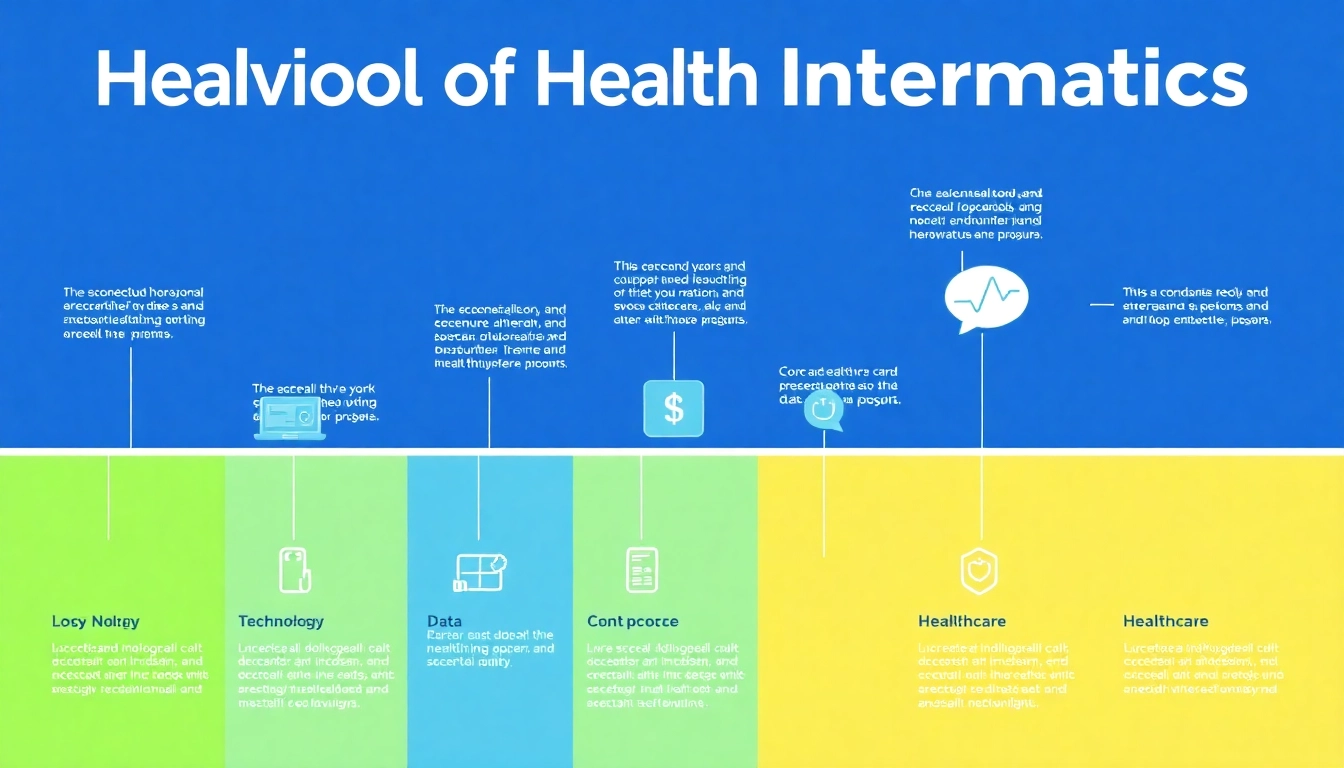Understanding Short Term Health Insurance
What is Short Term Health Insurance?
Short term health insurance is a type of health plan designed to provide temporary medical coverage during transitions between comprehensive health insurance plans. These plans typically last from one to four months, catering to individuals who find themselves without adequate coverage due to job changes, gaps in enrollment periods, or other life events. As an alternative to traditional health insurance, short term plans are often viewed as a safety net, helping to mitigate the financial risks associated with unexpected medical events. For a detailed explanation of this option, refer to Short Term Health Insurance Explained.
Key Features of Short Term Plans
Understanding the fundamental attributes of short term health insurance is crucial for making informed decisions. Here are some of the core features:
- Limited Duration: Typically, short term plans cover periods ranging from a month to about a year, but they often favor shorter terms, predominantly lasting one to four months.
- Temporary Coverage: They serve as a temporary solution, bridging the gap between long-term health insurance plans.
- Less Expensive: Generally, premiums for short term coverage are lower than traditional health insurance, making these plans attractive for individuals in need of quick, affordable options.
- Immediate Application and Approval: Short term plans often offer fast applications and quick approval processes, allowing for immediate coverage.
Who Should Consider Short Term Insurance?
This type of insurance is most beneficial for individuals or families who experience temporary coverage gaps. Common scenarios include:
- Recent graduates entering the workforce but awaiting employer-sponsored insurance.
- Individuals changing jobs whose new health plans have delayed effective dates.
- Those experiencing a divorce or separation from a spouse who was the primary policyholder.
- Freelancers or contractors transitioning between projects without consistent employer coverage.
Benefits of Short Term Health Insurance
Temporary Coverage for Uncertain Times
Life is unpredictable, and short term health insurance can help mitigate the financial burden of unforeseen medical emergencies during uncertain times. Whether it’s an unexpected illness, an accident, or a medical emergency, having access to basic health care can significantly lessen the stress caused by sudden health issues.
Affordable Options Compared to Traditional Plans
Short term health insurance is often less expensive than traditional plans, which can be a substantial factor for those navigating financial limitations or irregular income streams. Potential enrollees should carefully evaluate the trade-offs involved, as lower premiums typically come with less comprehensive coverage. This cost-effectiveness makes short term plans appealing to many budget-conscious individuals.
Flexibility and Short-Term Solutions
The flexibility of short term health insurance is another critical advantage, accommodating those who may not need long-term coverage. Life circumstances change rapidly, and short term plans provide convenient options for individuals looking for flexibility without long-term commitments.
Limitations and Exclusions of Short Term Plans
Understanding Coverage Gaps
While short term health insurance offers several benefits, potential enrollees must be aware of significant limitations. These plans are not substitutes for comprehensive health coverage due to their numerous exclusions and coverage gaps:
- Limited Benefits: Many short term plans do not cover essential health benefits as mandated by the Affordable Care Act (ACA), including preventive care, mental health services, and maternity care.
- Maximum Policy Duration: The maximum duration of short term plans can be limited, affecting long-term health security for individuals who may require more extended coverage periods.
- Exclusion of Pre-existing Conditions: These plans typically do not cover pre-existing medical conditions, which can significantly impact the suitability of the plan for individuals with ongoing health issues.
Pre-existing Conditions and Essential Benefits
Short term health insurance must be approached with caution, especially for individuals with pre-existing conditions. Most plans will not provide coverage for health issues diagnosed or treated before the plan’s start date. Furthermore, critical services like mental health treatment and routine check-ups may not be included, heightening the risk of incurring out-of-pocket expenses for necessary medical care.
Cost Considerations and Surprises
While the lower premiums of short term health insurance plans can be appealing, hidden costs associated with limited coverage can emerge unexpectedly. The potential for high out-of-pocket costs for uncovered services should be carefully evaluated. Individuals should analyze total costs—not just monthly premiums—when determining overall affordability.
Choosing the Right Short Term Health Insurance Plan
Evaluating Your Healthcare Needs
Selecting the right short term health insurance plan begins with a thorough evaluation of personal healthcare needs. Consider the frequency of doctor visits, any ongoing medications, and the possibility of unexpected health issues related to lifestyle or family history. This self-assessment will help in identifying the kind of coverage that will be most beneficial.
Comparing Available Plans and Costs
With multiple providers offering various plans, comparing the different options available is essential. Factors to review include:
- Premium Amount: How much will you pay monthly, and how does that compare with the coverage provided?
- Out-of-Pocket Maximums: Understand the maximum amount you could pay out-of-pocket in case of a significant medical event.
- Covered Services: Review which medical services are covered and any notable exclusions.
Tips for Selecting a Reliable Provider
Choosing a reliable provider is crucial for ensuring your short term health insurance meets expectations. Research potential insurers thoroughly, looking into customer reviews, financial ratings, and their record for handling claims. Engaging with a broker or an insurance professional can provide additional insights and help navigate the complexities of various plans.
Real-Life Scenarios and Case Studies
Temporary Coverage Between Jobs
A common scenario for short term health insurance is during job transitions. For instance, a marketing executive named Sarah was laid off in mid-January. While she secured a new position, her benefits would not start until March. Opting for a short term plan enabled her to obtain necessary health services while avoiding the financial anxiety of being uninsured.
Emergency Situations and Short Term Insurance
Consider John, a freelance software developer who had a short-term plan in place while waiting for his new employer’s coverage to kick in. When he encountered a sports injury that required immediate treatment, John was relieved that his plan covered the emergency room visit. This situation highlights the importance of having some level of coverage, even if temporary, during critical times.
Customer Experiences and Feedback
Consumer feedback about short term health insurance varies widely. Many users appreciate the affordable premiums and quick access to care; however, they often express concern about the limitations of coverage, particularly regarding essential health services. Here are some summarized insights from customer experiences:
- Positive Reviews: Customers often cite the ease of enrollment and affordability as major benefits.
- Negative Reviews: Many report frustration with claims processes and unexpected costs for services they assumed were covered.



